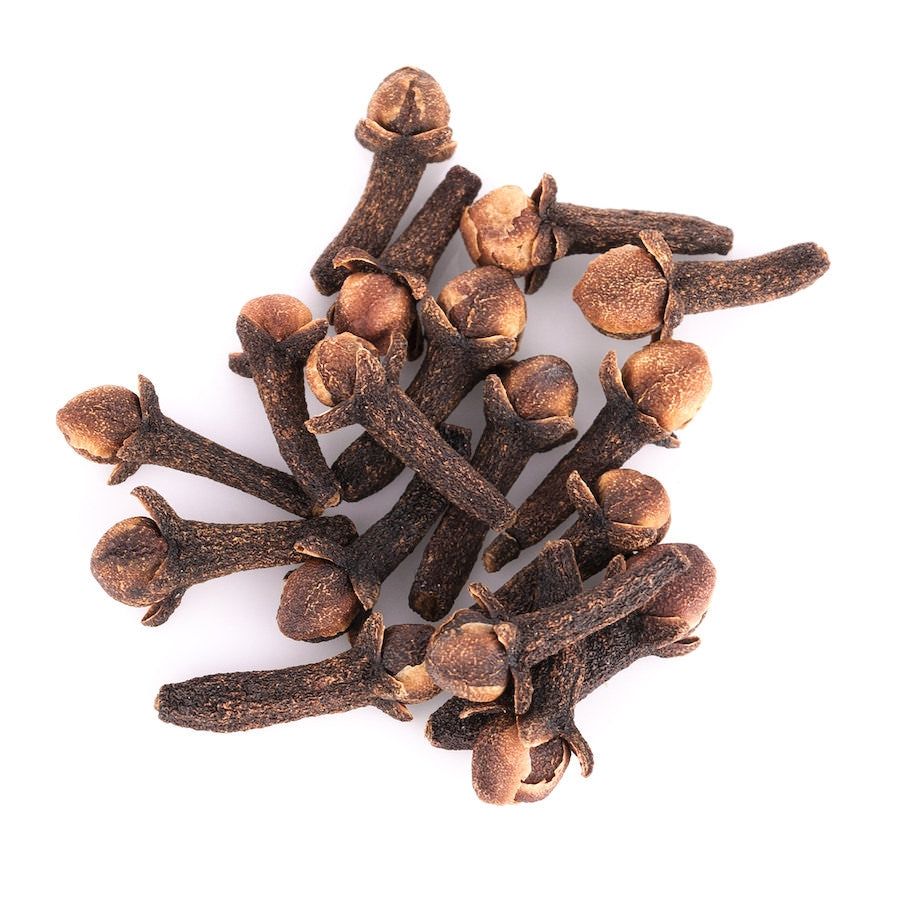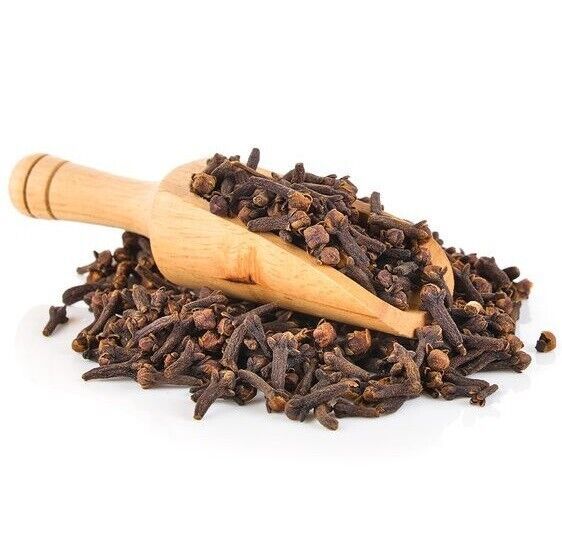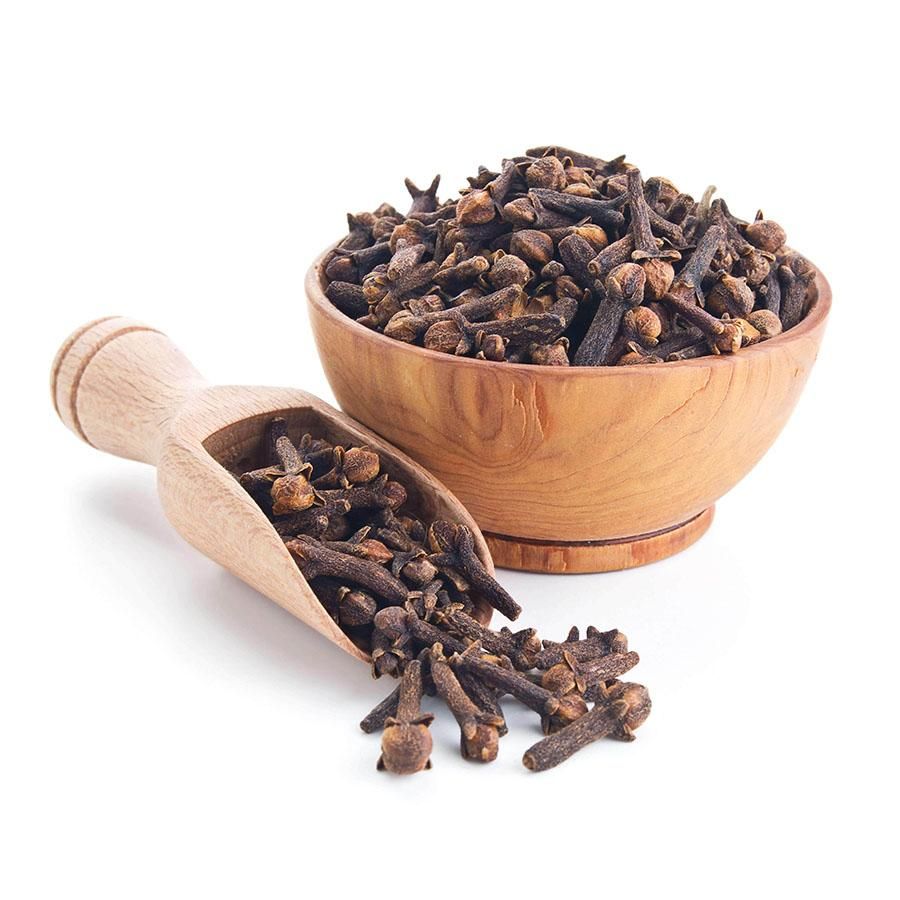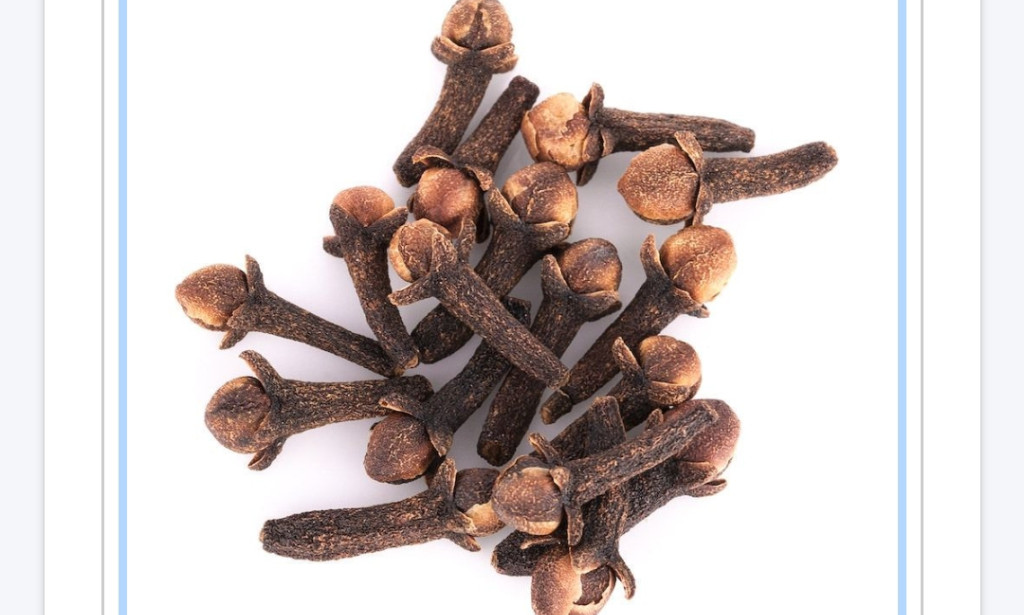The Surprising Medicinal Benefits of Cloves to Women's Health
What Are Cloves and Their Benefits for Women? Cloves are a common spice used in many dishes, but they offer much more than just a flavor boost. Cloves have been used for centuries for their medicinal benefits and can be particularly beneficial for women's health. In this article, we will explore the various medicinal benefits of cloves and how they can help promote women's health. We will also discuss some of the potential risks associated with consuming too many cloves. By the end, you'll better understand cloves and how they can benefit your health.

How Cloves Help with Common Health Problems in Women
Cloves are versatile spices that can be used in many different ways to improve women's health. They contain anti-inflammatory and antifungal properties that can help with common health issues such as menstrual cramps, headaches, and skin irritation. Clove oil is also a great remedy for female health issues such as yeast infections, urinary tract infections, and even vaginal dryness. Not only this but cloves can also be brewed into tea, which has many added benefits, such as reducing stress levels and aiding digestion. In this article, we will explore the various ways cloves can help with common health problems in women.
How Can Women Use Cloves as a Natural Home Remedy?
Cloves have been used for centuries as a natural remedy to treat a wide range of ailments. From treating toothaches to helping with digestive issues, cloves have been used in traditional medicine for many years. In recent times, women are increasingly turning to cloves as a home remedy to treat various health issues. In this article, we will discuss how women can use cloves at home to treat their health problems naturally and effectively.
Are there any risks or side effects to using cloves as medicine?
Cloves can have potential risks associated with their use. Allergic reactions, ranging from mild to severe, may occur in individuals sensitive to cloves or related plants. Skin irritation may result from applying clove oil or preparations directly to the skin. Consuming large quantities of cloves or clove oil may lead to gastrointestinal issues. Clove oil contains eugenol, which can interact with certain medications, so it's important to consult a healthcare provider if taking medications. Pregnant and breastfeeding women should exercise caution and consult a healthcare professional due to limited research on the safety of cloves. Cloves are not a substitute for medical treatment, and it's advisable to seek professional advice for any health concerns.

How to prepare cloves as an anti-bacterial home remedy
While cloves possess some antibacterial properties, it's important to note that they are not a substitute for medical treatment. However, if you're interested in using cloves as a home remedy, here's a simple method to prepare cloves for their potential antibacterial benefits:
- Gather the ingredients:
- Whole cloves
- Mortar and pestle or a spice grinder
Grind the cloves:
- Take a small amount of whole cloves, depending on your requirement.
- Place the cloves in a mortar and pestle or a spice grinder.
- Grind the cloves until they become a fine powder. This will help release their aromatic and potential antibacterial compounds.
Usage options:
- Clove-infused oil: Mix the ground cloves with carrier oil such as olive oil or coconut oil. Allow the mixture to sit for a few days, shaking occasionally. Afterward, strain the oil to remove any solid particles. The resulting clove-infused oil can be applied topically to the affected area, like a minor cut or wound. However, keep in mind that this is not a substitute for medical care, and if you have a serious infection, you should consult a healthcare professional.
Caution:
- While cloves are generally safe to consume in moderation, using them topically or as a home remedy should be done with caution.
- Some individuals may be allergic to cloves or may experience skin irritation, so it's important to do a patch test before applying any clove-infused oil or mixture to a larger area of the skin.
- It's always recommended to consult a healthcare professional for proper diagnosis and treatment of any infection or medical condition.
Remember, the effectiveness of cloves as an antibacterial remedy is limited, and it's important to seek medical advice for appropriate treatment options.

Clove as treatment of yeast infection
While cloves have some antifungal properties, it's important to note that they are not a scientifically proven or recommended treatment for yeast infections. The most effective and commonly used treatments for yeast infections are antifungal medications prescribed by healthcare professionals. However, if you're interested in trying a home remedy using cloves, here's a method you can consider:
- Gather the ingredients:
- Whole cloves
- Water
- Clean cloth or cotton ball
Prepare a clove infusion:
- Boil a cup of water.
- Add a few whole cloves to the boiling water.
- Let the cloves simmer in the water for about 10 minutes.
- Remove the water from the heat and allow it to cool.
Apply the clove infusion:
- Once the clove infusion has cooled down, dip a clean cloth or cotton ball into the liquid.
- Gently apply the cloth or cotton ball to the affected area, such as the vulva, for a few minutes.
- Repeat this process a couple of times a day, as needed.
It's important to keep in mind that while some people may find temporary relief from symptoms using home remedies like a clove infusion, these remedies have not been scientifically proven to cure yeast infections. If you suspect you have a yeast infection, it's advisable to consult a healthcare professional for proper diagnosis and appropriate treatment options. They can prescribe antifungal medications that have been proven effective in treating yeast infections.


You must be logged in to post a comment.